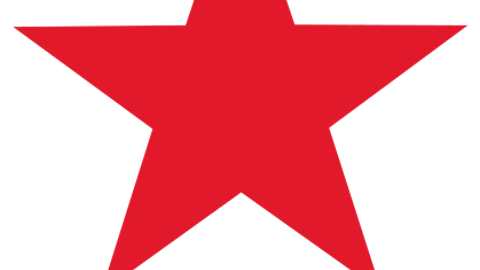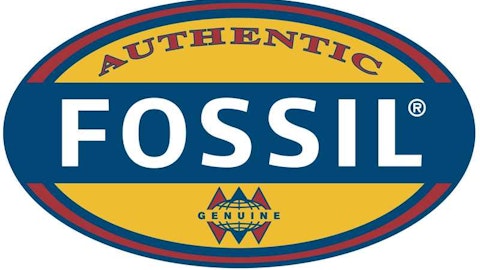As the global economy has struggled over the past few years, there was one demographic that still did well–the rich. It is estimated that 1% of the world’s population own 39% of the world’s wealth. Companies that cater to this demographic have continued to perform well as the rich kept shopping through tough times. The economic downturn didn’t stop them from going to their favorite retailers and buying new clothes and handbags. A sector that continues to prosper in the face of economic hardship is certainly a space I want to be in.
A one-stop shop for the rich and famous
Two companies that cater to the rich with their department stores are Nordstrom, Inc. (NYSE:JWN) and Saks Inc (NYSE:SKS). Nordstrom is the nation’s largest luxury department store chain. There’s been speculation that publicly-traded Saks Inc (NYSE:SKS) and privately-owned Neiman Marcus could merge. So far, no word on if a deal is possible. The largest shareholder in Saks is the world’s second-richest man, Carlos Slim. Any deal would require his blessing.
Nordstrom, Inc. (NYSE:JWN)’s latest quarter came in weaker than expected due to poor weather in its key markets. However, the summer season looks rather bright as the company continues to roll out Nordstrom, Inc. (NYSE:JWN) Rack, and e-commerce sales are looking good–in fact, last quarter direct e-commerce sales rose 3.1%. The company has 127 Nordstrom, Inc. (NYSE:JWN) stores and 127 Racks, 16 of which were just opened in the past year.
Nordstrom.com has a lot of potential. The online retailer’s motto is “Free shipping. Free returns. All the time.” The company has been successful at linking inventories in its stores with its online e-commerce site. This allows for fewer seasonal markdowns. The Nordstrom, Inc. (NYSE:JWN) mobile app is proving to be quite popular and helping to boost online sales.
Saks Inc (NYSE:SKS) is a takeover candidate, and the company has hired Goldman Sachs to help with a sale. Investors in Saks Inc (NYSE:SKS) are banking on and anticipating that a deal to create shareholder value will happen. Besides Carlos Slim, Billionaire Ken Fisher owns 5.5 million shares, as well as Billionaire Bruce Kovner with 5.1 million shares. Carlos Slim dwarfs them both, though, with 23.125 million shares.
In my opinion Saks Inc (NYSE:SKS) has a lot of potential. Same-store sales came in at 5.9%, which was the best among all the department store chains. There is also the potential to monetize the retailer’s real estate assets. Estimates are that its flagship Manhattan location alone is worth more than $1 billion, almost half the retailer’s current market cap.
The rich love these specialty retailers
Two high-end retailers that the rich love to shop at are Tiffany & Co. (NYSE:TIF) and Coach, Inc. (NYSE:COH). Tiffany & Co. (NYSE:TIF) is famous for its high-end jewelry and diamonds, while Coach, Inc. (NYSE:COH) is famous for its handbags, but now sells watches, clothes, shoes and other lifestyle products.
One thing that Tiffany learned is to not discount its products. The company knows that the items it sells in the little blue box are status symbols and have customer loyalty. For Tiffany, the price is the price–take it or leave it.
Tiffany’s first quarter sales came in better than expected. Comparable-store sales rose 8%. In China Tiffany is opening four new stores and will have a total of 26 by the end of this year. In Japan sales were up 2%, but would have been up almost 20% if not for the yen weakness. Overall, Tiffany earned $0.70 a share, whereas Wall Street only expected $0.52 a share.
Coach retails its accessories at its company-owned stores and through leading department stores. The company has a loyal customer base, and their handbags are extremely popular. This popularity has given Coach tremendous pricing power. Coach is now the number one brand of premium handbags and accessories in the U.S.
Coach touts its handbags and accessories as “accessible luxury.” Its handbags range in price from $298 to $1000. This attracts the shopper that sees handbags from other competitors like Louis Vuitton and Prada as being overpriced. Coach has been able to increase its sales at an annual rate of 21% over the past decade. This is further evidence that its pricing strategy works. All of this has benefited shareholders as Coach repurchases shares and continues to increase its dividend.






